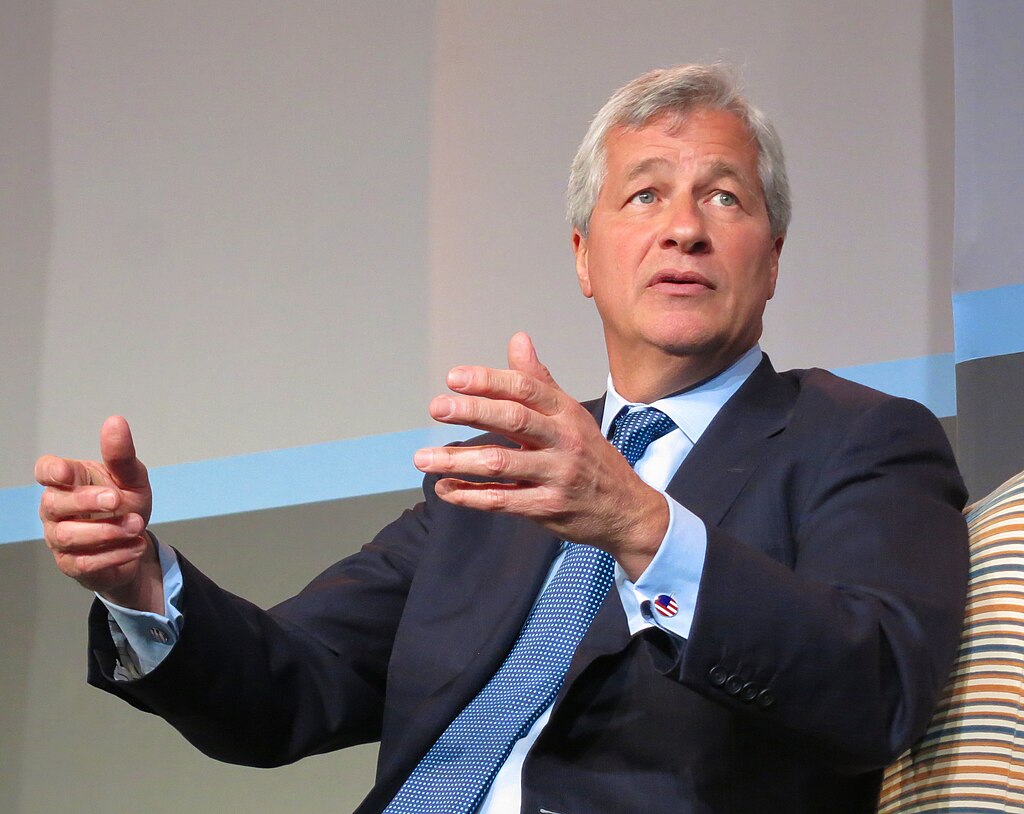In the face of escalating sanctions, Russian authorities understand they just can’t do without cross-border crypto payment and are now taking steps to make it happen. Bitcoin, the world’s number one crypto by market cap, appears well-suited for Russia’s plan of using crypto for international trade settlements but a new report suggests that BTC won’t likely be the crypto of choice by the government.
Russia has been pushing for the use of crypto for cross-border payments. For instance, Russian regulators are working to legalize the use of crypto in foreign trade as part of their efforts to develop a settlement mechanism for crypto payments in international trade.
However, local lawyers and fintech executives say that Russian authorities are unlikely to allow the use of Bitcoin (BTC) for cross-border transactions, according to Cointelegraph. Elena Klyuchareva, the senior associate at the local law firm KKMP, said that the possibility of Russia allowing Bitcoin (BTC), Ether (ETH), or any other crypto to be used for cross-border payments is highly questionable because these tokens are “hard to control.”
The lawyer explained that Russia will likely use locally-issued crypto for its cross-border payments plans. The reason for this choice is that choosing a local token will enable Russian regulators to properly monitor and control transactions.
The lawyer told Cointelegraph that the cryptocurrency used by Russia for cross-border payments will most likely be local, so Russian regulators can properly monitor and control such transactions. She also suggested that only major institutional players — like banks — will be able to comply with the requirements for making cross-border payments.
Similarly, Eduard Davydov, the senior partner at Emet Law Firm, opined that Russia will likely choose a crypto that eliminates all possible pressure from other countries. This could mean that cryptocurrencies issued in the U.S. including stablecoins like Tether (USDT) or USD Coin (USDC) will “not meet such requirements.”
Being the world’s most decentralized crypto, Bitcoin might appear suitable but there are a number of issues that might make it unsuitable for Russia’s settlement goals. These include the high volatility of the crypto’s price, vulnerability to global sanctions, and limited scalability.
“Whole arrays of addresses may fall under the sanctions when interacting with which the coins will be considered "dirty" and counterparties may choose not to make transactions with such addresses or coins,” Davydov added.
























Comment 0